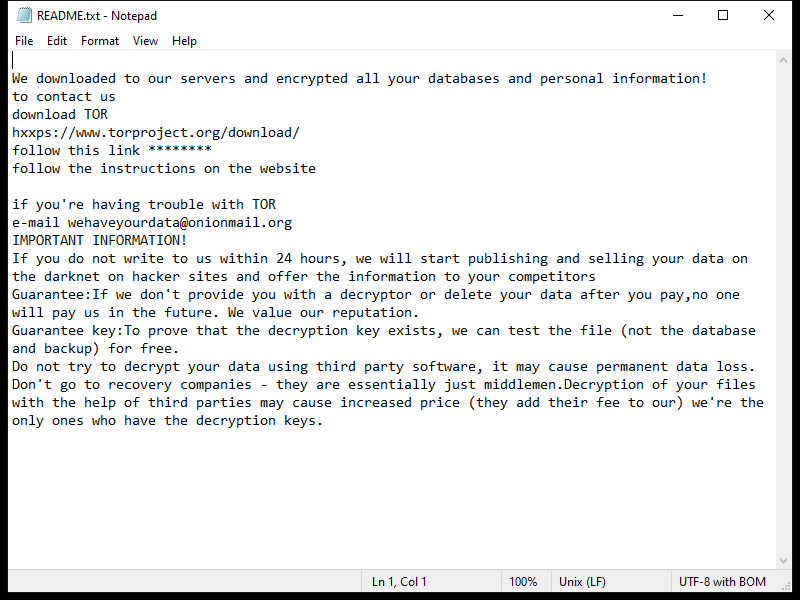Trinity Ransomware is a type of malicious software that infects computers by encrypting files and demanding a ransom for their decryption. It typically spreads through email attachments, malicious websites, or software vulnerabilities.
Once a computer is infected, Trinity Ransomware adds the “.trinitylock” extension to encrypted files. It uses strong encryption algorithms such as AES or RSA to lock the files and make them inaccessible without the decryption key.
After encrypting the files, Trinity Ransomware creates a ransom note that usually appears on the desktop or in folders containing encrypted files. The ransom note provides instructions on how to pay the ransom in exchange for the decryption key.
Unfortunately, there are currently no decryption tools available for decrypting files encrypted by Trinity Ransomware. However, it is not recommended to pay the ransom as there is no guarantee that the cybercriminals will provide the decryption key or that it will work.
In some cases, you may be able to restore your files from backups or use data recovery software to recover encrypted files. It is important to regularly backup your files to prevent data loss in case of a ransomware attack.

